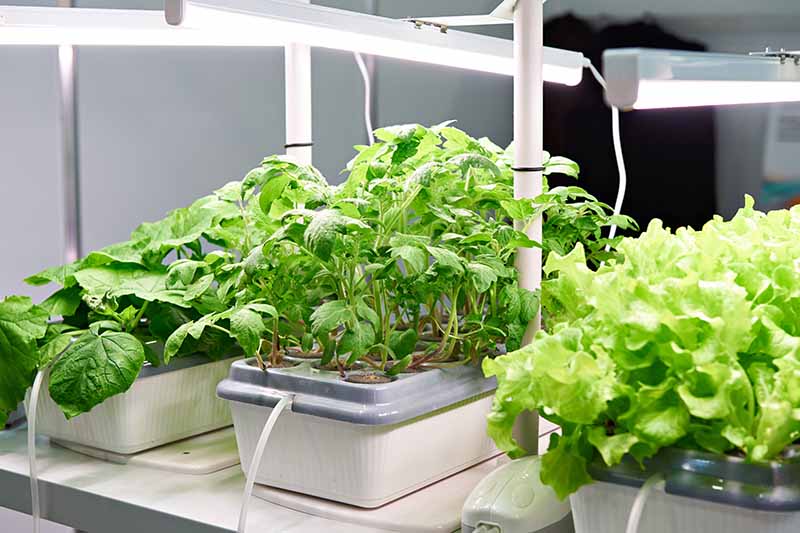What is aeroponics?
Aeroponics is the technique of cultivating plants whereby the air-exposed roots of the plant are intermittently sprayed with a fine, high-pressure mist of water containing nutrient-rich solutions. It was first developed in the 1940s, but its popularity has exploded in the last 30 years or so, thanks to increasing understanding of its commercial, environmental and health benefits.
The main advantage of aeroponics is that the roots of plants grown this way are free to absorb the maximum amount of oxygen, without the restrictions of soil compaction. This allows the plants to generate the oils and sugars that give them their flavour much more efficiently, creating strong, vigorous crops that taste delicious and grow much faster than with conventional methods.
The levels of nutrients and acidity in the solution can be precisely tailored to the type of crop and the stage of growth, ensuring optimal conditions and maximum growth throughout the plant’s life cycle. There is no risk of the soil-borne pests and diseases that can easily weaken or destroy plants, meaning that there is no need for pesticides or herbicides. And because any water not absorbed by the plants’ roots is simply recycled through the growing system (rather than evaporating, draining away or getting soaked up by soil), aeroponic systems use much less of it.

